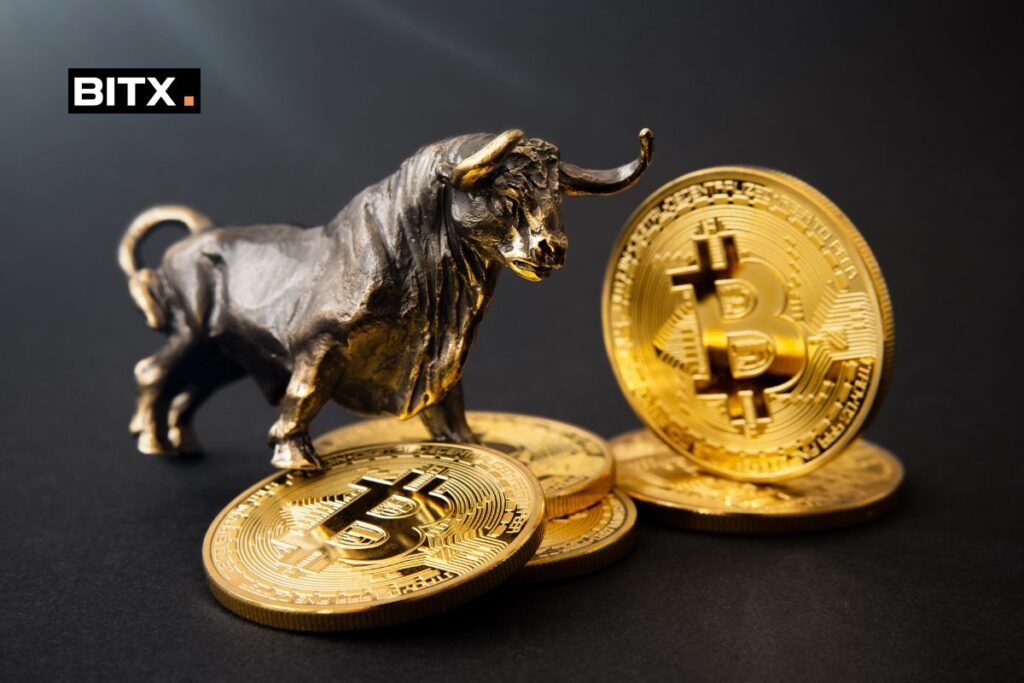Introduction
Bitcoin, the first decentralized digital currency, has revolutionized the financial world since its inception in 2009. Its rise has led to the proliferation of Bitcoin exchanges, platforms that facilitate the trading of Bitcoins for other assets, such as fiat currencies or other digital currencies. However, the lack of regulatory clarity surrounding these exchanges has been a source of concern for governments, consumers, and financial institutions worldwide. In this article, we will provide an international comparative analysis of Bitcoin exchange regulation.
Regulatory Landscape in the U.S.
In the United States, Bitcoin exchanges fall under the regulatory jurisdiction of the Financial Crimes Enforcement Network (FinCEN), an agency of the U.S. Department of the Treasury. FinCEN issued guidance in 2013, stating that Bitcoin exchanges are money transmitters and must comply with the Bank Secrecy Act (BSA), which includes anti-money laundering (AML) and know-your-customer (KYC) requirements.
Regulatory Landscape in Europe
European Union (EU) member states have taken a more fragmented approach to Bitcoin exchange regulation. However, the Fourth Anti-Money Laundering Directive (AMLD4), enacted in 2015, requires member states to regulate virtual currency exchange platforms as money service businesses. This directive also stipulates AML/KYC standards for these platforms.
Regulatory Landscape in Asia
In Asia, countries like Japan and South Korea have taken a proactive approach to Bitcoin regulation. Japan recognized Bitcoin as a legal payment method in 2016 and subsequently established the Japan Virtual Currency Exchange Association (JVCEA) to set industry standards and oversee Bitcoin exchanges. South Korea, on the other hand, has proposed a regulatory framework that would require Bitcoin exchanges to implement AML/KYC measures and report suspicious transactions to financial authorities.
Regulatory Landscape in Other Regions
In Australia, the Australian Securities and Investments Commission (ASIC) regulates Bitcoin exchanges as financial market services. The Chinese government has taken a more restrictive approach, banning initial coin offerings (ICOs) and imposing stringent controls on Bitcoin mining and trading.
Challenges and Future Directions
Despite the growing regulation of Bitcoin exchanges, several challenges remain. These include ensuring cross-border compliance, addressing privacy concerns, and navigating the grey area between securities regulation and financial market services. Future directions for Bitcoin exchange regulation may involve greater international collaboration, the development of global standards, and the establishment of clearer distinctions between different types of digital assets.
Conclusion
In conclusion, the regulation of Bitcoin exchanges is a complex and rapidly evolving area of law. While the U.S., EU, Asia, Australia, and other regions have made strides in regulating these platforms, addressing the challenges posed by Bitcoin and other decentralized digital currencies will require ongoing dialogue between governments, financial institutions, and the technology sector. As the use of digital currencies continues to grow, it is essential that regulatory frameworks adapt to the unique characteristics of these assets while maintaining protections for consumers and preventing illicit activities.

